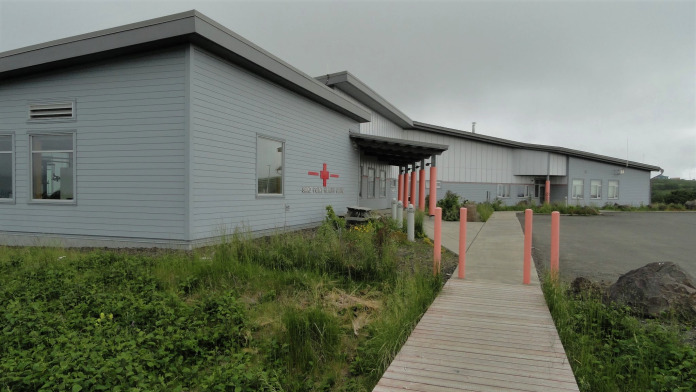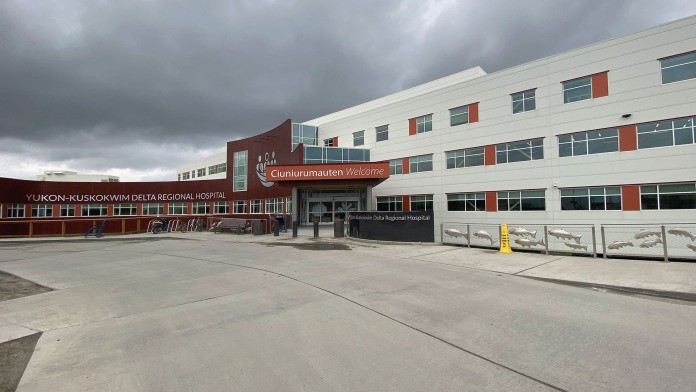About St. Paul Community Health Center
Intensive outpatient meets for a minimum of nine hours per week. Clients participate in addiction treatment and mental health counseling. Case management services, crisis and emergency services, wellness and adversity classes, grief and loss support, experiential art therapy, and living beyond pain classes are provided.
Recovery-oriented curriculum helps clients work through their addictive patterns while learning new coping skills and strategies.
Individual therapy, group therapy, and family therapy are provided. Clients participate in recovery-oriented classes that focus on a wide variety of topics designed to help each person cultivate specific skills that help them maintain recovery period.
Families may participate in educational programming that is designed to help them motivate their loved ones to enroll and engage in addiction treatment long-term.
Rehab Score
Gallery
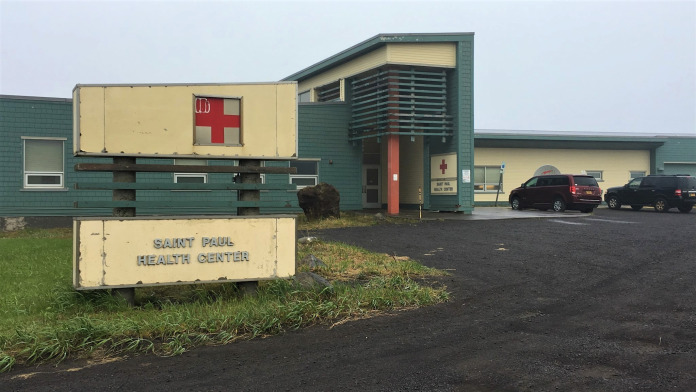
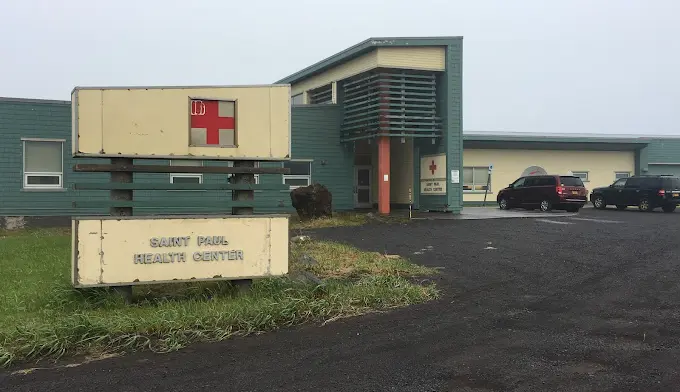
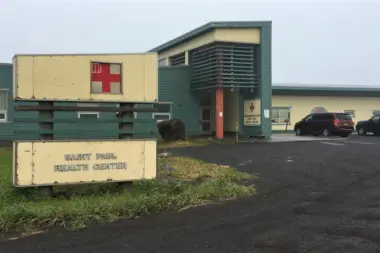
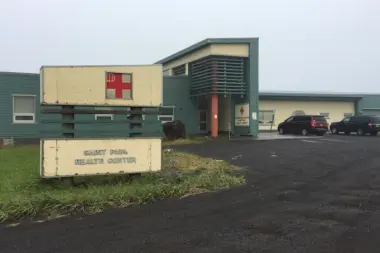
Other Forms of Payment
Private insurance refers to any kind of healthcare coverage that isn't from the state or federal government. This includes individual and family plans offered by an employer or purchased from the Insurance Marketplace. Every plan will have different requirements and out of pocket costs so be sure to get the full details before you start treatment.
Self-pay involves paying for treatment out of your own pocket. You can use savings or credit, get a personal loan, or receive help from family and friends to fund your treatment. If you don't have insurance or your insurance plan doesn't cover a specific program, self-pay can help ensure you still get the care you need.
Financial aid can take many forms. Centers may have grants or scholarships available to clients who meet eligibility requirements. Programs that receive SAMHSA grants may have financial aid available for those who need treatment as well. Grants and scholarships can help you pai for treatment without having to repay.
Sliding scale payments are based on a client's income and family size. The goal is to make treatment affordable to everyone. By taking these factors into account, addiction recovery care providers help ensure that your treatment does not become a financial burden to you or your family, eliminating one barrier to care.
Medicare is a federal program that provides health insurance for those 65 and older. It also serves people under 65 with chronic and disabling health challenges. To use Medicare for addiction treatment you need to find a program that accepts Medicare and is in network with your plan. Out of pocket costs and preauthorization requirements vary, so always check with your provider.
Military members, veterans, and eligible dependents have access to specific insurance programs that help them get the care they need. TRICARE and VA insurance can help you access low cost or no cost addiction and mental health treatment. Programs that accept military insurance often have targeted treatment focused on the unique challenges military members, veterans, and their families face.
Medicaid is a state based program that helps lower-income individuals and families pay for healthcare. Medicaid covers addiction treatment so those enrolled can use their coverage to pay for rehab. When a program accepts Medicaid the client often pays very little or nothing out of their own pocket.
Addiction Treatments
Levels of Care
Outpatient Programs (OP) are for those seeking mental rehab or drug rehab, but who also stay at home every night. The main difference between outpatient treatment (OP) and intensive outpatient treatment (IOP) lies in the amount of hours the patient spends at the facility. Most of the time an outpatient program is designed for someone who has completed an inpatient stay and is looking to continue their growth in recovery. Outpatient is not meant to be the starting point, it is commonly referred to as aftercare.
Intensive Outpatient Programs (IOP) are for those who want or need a very structured treatment program but who also wish to live at home and continue with certain responsibilities (such as work or school). IOP substance abuse treatment programs vary in duration and intensity, and certain outpatient rehab centers will offer individualized treatment programs.
Group meetings, peer sponsorship, and spiritual development are the primary treatment modalities in 12 step programs, often considered a gold standard in addiction recovery. These programs emphasize healing in body, mind, and spirit as a cornerstone of recovery, though participants do not need to be religiously affiliated to attend. Recovery meetings are free, anonymous, open to the public, and available 365 days per year in communities across the US and around the world.
When someone performs a drug intervention in Alaska, the event is a time where loved ones gather and attempt to convince their family member or friend that they need treatment for substance abuse. Participants share their feelings that the person has become a danger to themselves and others and has reached a point where they need professional treatment. To guide them through this process, professional intervention services are often necessary.
Treatments
The goal of treatment for alcoholism is abstinence. Those with poor social support, poor motivation, or psychiatric disorders tend to relapse within a few years of treatment. For these people, success is measured by longer periods of abstinence, reduced use of alcohol, better health, and improved social functioning. Recovery and Maintenance are usually based on 12 step programs and AA meetings.
During drug rehab in Alaska, you'll receive a combination of medical and psychotherapeutic treatments that are designed to treat drug dependency. The goal of drug rehab is to break this dependency and help you develop the skills to maintain a drug-free life.
Many of those suffering from addiction also suffer from mental or emotional illnesses like schizophrenia, bipolar disorder, depression, or anxiety disorders. Rehab and other substance abuse facilities treating those with a dual diagnosis or co-occurring disorder administer psychiatric treatment to address the person's mental health issue in addition to drug and alcohol rehabilitation.
Opioid rehabs specialize in supporting those recovering from opioid addiction. They treat those suffering from addiction to illegal opioids like heroin, as well as prescription drugs like oxycodone. These centers typically combine both physical as well as mental and emotional support to help stop addiction. Physical support often includes medical detox and subsequent medical support (including medication), and mental support includes in-depth therapy to address the underlying causes of addiction.
Substance rehabs focus on helping individuals recover from substance abuse, including alcohol and drug addiction (both illegal and prescription drugs). They often include the opportunity to engage in both individual as well as group therapy.
Programs
Adult rehab programs include therapies tailored to each client's specific needs, goals, and recovery progress. They are tailored to the specific challenges adult clients may face, including family and work pressures and commitments. From inpatient and residential treatment to various levels of outpatient services, there are many options available. Some facilities also help adults work through co-occurring conditions, like anxiety, that can accompany addiction.
Young adulthood can be an exciting, yet difficult, time of transition. Individuals in their late teens to mid-20s face unique stressors related to school, jobs, families, and social circles, which can lead to a rise in substance use. Rehab centers with dedicated young adult programs will include activities and amenities that cater to this age group, with an emphasis on specialized counseling, peer socialization, and ongoing aftercare.
Clinical Services
Group therapy is any therapeutic work that happens in a group (not one-on-one). There are a number of different group therapy modalities, including support groups, experiential therapy, psycho-education, and more. Group therapy involves treatment as well as processing interaction between group members.
People in Alaska seeking individual therapy for drug addiction receive personalized support to explore the root causes of their substance abuse. Your therapist guides you in developing healthier coping mechanisms and setting realistic goals. Your therapist also uses a customized approach to improve the effectiveness of the treatment and promote sustainable recovery.
Trauma therapy addresses traumatic incidents from a client's past that are likely affecting their present-day experience. Trauma is often one of the primary triggers and potential causes of addiction, and can stem from child sexual abuse, domestic violence, having a parent with a mental illness, losing one or both parents at a young age, teenage or adult sexual assault, or any number of other factors. The purpose of trauma therapy is to allow a patient to process trauma and move through and past it, with the help of trained and compassionate mental health professionals.
Couples therapy is designed to help couples resolve conflicts and increase understanding and affection. A therapist meets with the couple to help them express feelings and work through relationship challenges.
Families in Alaska can work with therapists to understand the roles that individual members play in the addiction dynamic. By addressing these patterns, you learn healthier ways to interact with each other and support each other. This contributes to a more effective recovery journey.
Life skills development is a crucial part of rehab in Alaska. Developing these skills will help you have success in daily life, so you are less likely to relapse and can live an independent and productive life. These skills include self awareness, interpersonal skills, and thinking skills.
A combination of nicotine replacement therapy (NRT), counseling, and peer support can be a good way to break free from smoking. The NRT treats your physical symptoms so you can focus on addressing any emotional or mental addiction.
Amenities
-
Residential Setting
Staff & Accreditations
Staff
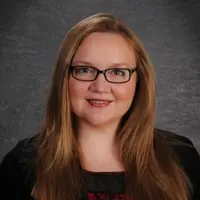
April Kyle, MBA
President and CEO

Lee Olson, CPA
Executive Vice President of Finance and Facilities and Chief Financial Officer
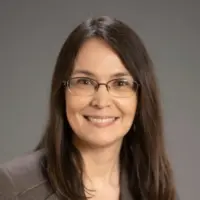
Michelle Baker, MBA
Executive Vice President of Behavioral Health Services
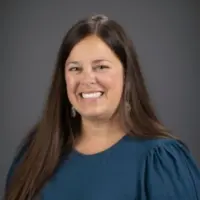
Melissa Merrick, LCSW, MSW
Executive Vice President of Primary Care Services
Accreditations

The Commission on Accreditation of Rehabilitation Facilities (CARF) is a non-profit organization that specifically accredits rehab organizations. Founded in 1966, CARF's, mission is to help service providers like rehab facilities maintain high standards of care.
CARF Accreditation: Yes

State Licenses are permits issued by government agencies that allow rehab organizations to conduct business legally within a certain geographical area. Typically, the kind of program a rehab facility offers, along with its physical location, determines which licenses are required to operate legally.
State License: Alaska
Contact Information
1000 Polovina Turnpike
St Paul, AK 99660
